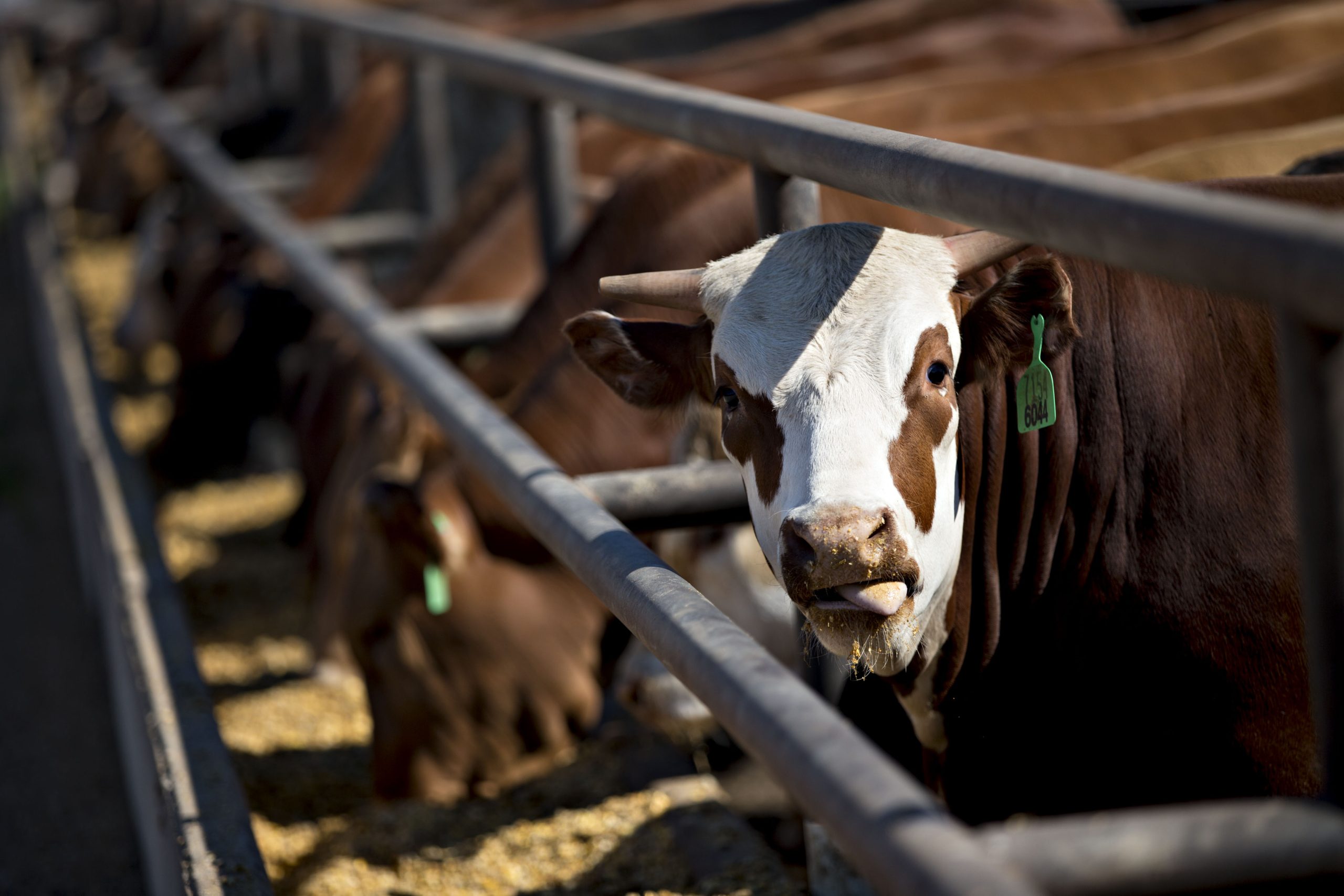Tyson Foods Grilled: Climate Claims Scalded in Lawsuit Deal
In a landmark settlement, Tyson Foods, America’s meat production behemoth, has agreed to cease marketing its “climate-friendly” beef and abandon its ambitious “net-zero” emissions target by 2050. This decision comes as a direct result of a lawsuit filed by the Environmental Working Group (EWG), accusing Tyson of deceiving consumers about its environmental impact. This case highlights a growing trend of holding major corporations accountable for potentially misleading “greenwashing” claims.
From “Climate-Friendly” to Climate Reality
The lawsuit centered around Tyson’s claims regarding its beef products and its long-term sustainability goals. The EWG argued that these claims were unsubstantiated and misrepresented the actual environmental footprint of Tyson’s operations. Meat and dairy production are significant contributors to global greenhouse gas emissions, with beef production being a particularly heavy polluter. Estimates suggest that livestock farming accounts for a substantial percentage of global emissions, ranging from 14.5% to 19%, making it a crucial area for climate action.
Accountability Beyond the Sizzle
Under the terms of the settlement, Tyson is barred from making these specific environmental claims for the next five years. Furthermore, any future environmental claims must undergo rigorous verification by independent experts. This agreement sets a precedent for increased scrutiny of environmental marketing and underscores the importance of transparency and accountability in the food industry. This isn’t just about Tyson; it’s a signal to other major players in the meat and dairy sectors that unsubstantiated claims will be challenged.
A Turning Point for Meat and Climate?
This settlement represents a significant victory for environmental advocacy groups and consumers seeking greater transparency. It reinforces the notion that corporations cannot make unsubstantiated claims about their environmental impact without facing potential legal challenges. Whether this case signals a broader shift within the meat industry towards greater climate responsibility remains to be seen, but it undoubtedly marks a pivotal moment in the ongoing debate about the environmental consequences of meat production and the role of corporations in addressing climate change. The pressure is now on Tyson, and its competitors, to demonstrate genuine commitment to reducing their environmental footprint, not just through marketing spin, but through tangible and verifiable actions.
Based on materials: Vox





